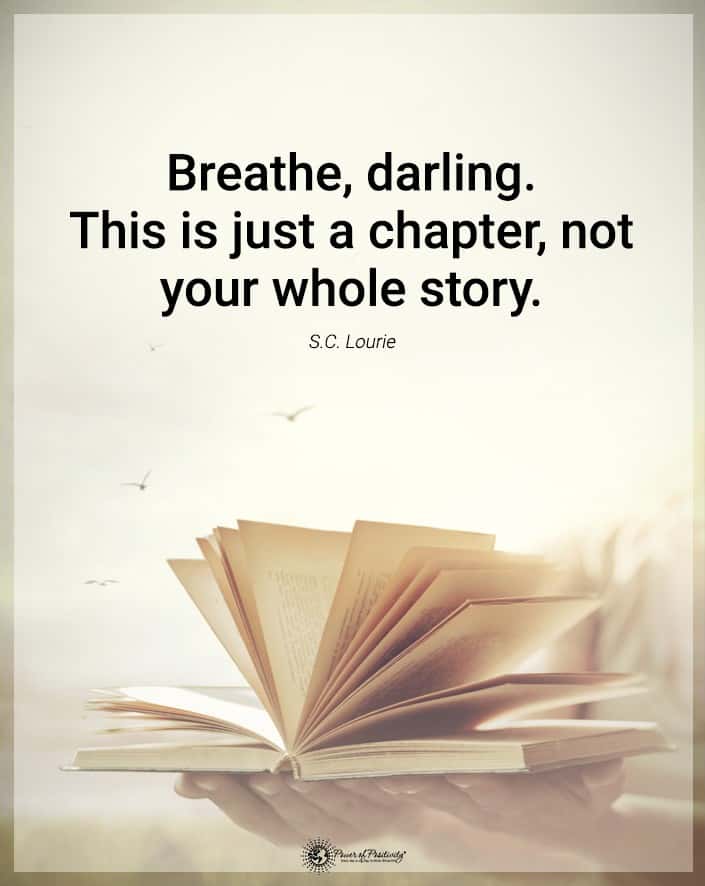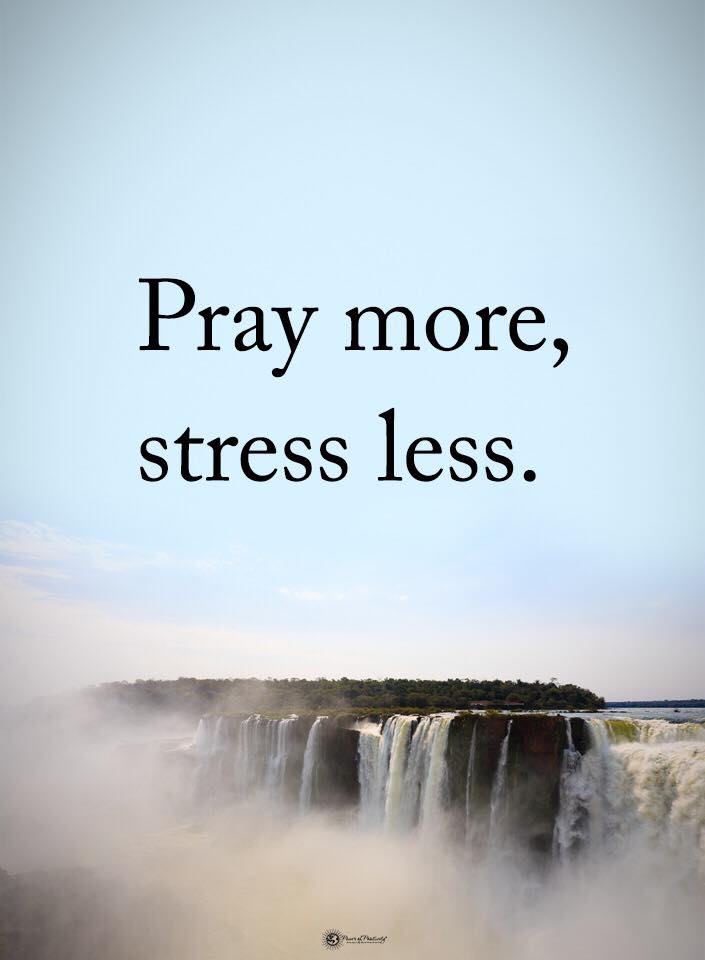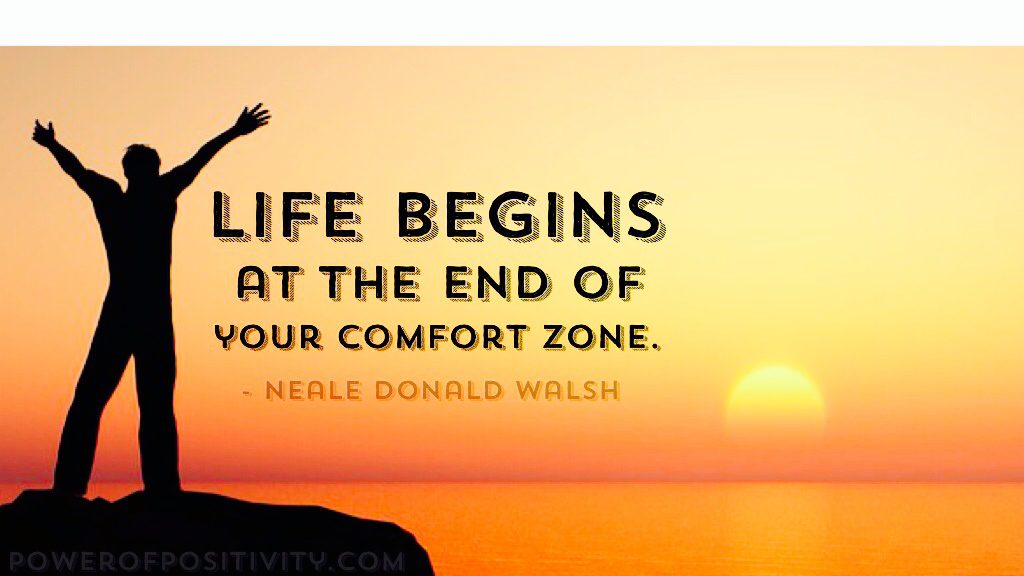Expanding your comfort zone is where growth happens. The comfort zone is like a secure island of stagnant high ground. Life gently pushes us into the infinite waters of our potential.
We are so used to living in a bubble of security that we don’t realize how much we limit ourselves. Facing the unknown is never easy; fear appears- as an indicator of change- and change always boosts our expansion as human beings. Outgrowing our fears and insecurities brings liberation, joy, and trust.
Ten Reasons You Fear Growing Your Comfort Zone.
Before we dive into how to make these positive changes, let’s first look at why you prefer your cozy spot in the first place.
 1. You’re Waiting for the Right Time
1. You’re Waiting for the Right Time
If you’re always waiting for the right time to step out of your comfort zone, you’ll never do it. The time is only suitable if you decide to do it. You don’t have to wait to perfect your skills or overcome your fear because you can move forward anytime.
By waiting until the time seems right, you will miss out on many opportunities and experiences. You will spend your life watching everyone else try new things and excel in life. Don’t be the person sitting back watching everyone else.
2. You Don’t Educate Yourself or Ask Questions
People that expand their comfort zone spend time asking questions and educating themselves. They strive to gain knowledge and glimpse other perspectives to understand the world around them. Even if you feel like an expert, seeking deeper insight is always beneficial.
If you struggle with getting out of your comfort zone, consider whether you are furthering your knowledge. While you can take courses or research a topic, you can also educate yourself by asking questions. Asking questions is one of the best ways to gather a deeper understanding.
3. You’re Afraid of the Unknown
People like knowing what will happen next, and you can’t do that unless you stay in the same place in life. When you don’t know what’s coming, you might worry about things you can’t predict. This mindset holds you back and prevents you from trying anything new or advancing your life.
4. You Want to Be in Control
If you always feel the need to be in control, it could be the reason you struggle with getting out of your comfort zone. When you become comfortable in life, you might feel like you control the rules and daily routines. You learn to enjoy the monotony of your current life because you always know what to expect.
If this sounds like you, then you must work on letting go of things. Craving excessive control hinders your ability to move forward and make progress toward your goals. Learn to enjoy unexpected situations and spontaneous experiences that are out of your control.
5. You Strive for Perfection and Experience Negative Self-Talk
No one is perfect, no matter how hard they try. If you are seeking perfection, you are likely holding yourself back. When you aren’t comfortable, you know that you can’t exhibit perfection in that area.
This mindset forces you to stay in your comfort zone, where you feel better equipped to handle things. You might think that stepping out of your comfort zone will lead to failure or feeling like you aren’t good enough. When you set the bar at perfection, you are creating an unattainable goal for yourself.
6. You Lack Will-Power
If you don’t do something because you don’t feel like it, you make it impossible to get out of your comfort zone. You will do the bare minimum because you have no drive to do more. If this sounds like your situation, learn to develop willpower even when you’re in a bad mood.
Force yourself to do new things even when you don’t feel like it. You can start with something simple like getting out of bed when your alarm wakes up rather than hitting snooze. Gradually increase the difficulty of your tasks to build your willpower as you go along.
7. Your Goals Are Undefined
If you don’t have definitive goals, you might not feel like getting out of your comfort zone. You might have a basic idea or concept of what you want but no clear vision or plan for achieving it.
If you want to step out of your comfort zone, start by creating a plan to guide you along the way. With a plan, you can do new things and make progress toward your life goals.
8. You Struggle to Make Decisions
An indecisive person will struggle with stepping out of their comfort zone. If you can’t make a decision or always want someone else to decide, it could be the reason you don’t want to move forward.
An inability to make decisions is a sure sign that you won’t step out of your comfort zone. It indicates an avoidance of conflict or a misunderstanding of your desires.
 9. You Have Anxiety
9. You Have Anxiety
Anxiety often holds people back from getting out of their comfort zone. It will make you feel like you can’t do more, or it will cause paralyzing fear. Learning to tolerate a little anxiety will help you overcome this, and you can gradually increase your stress factors over time.
10. You Struggle with Passive Behavior
If you exhibit passive behavior, it means that you avoid conflict, responsibility, and important decisions. You likely prefer to go with the flow of things and handle situations as they come along. Passive behavior could also cause you to reject change unless forced to conform to it.
When you struggle with passive behavior, you likely won’t feel like getting out of your comfort zone. Since you like to handle things as they come, you won’t want a new situation to mess up the flow of things.
Four Strategies of Getting Out of Your Comfort Zone
Here are 4 steps to break out of your comfort zone and conquer the fear that leaves you feeling stranded:
1 – Realize that everything is in your head
When put in difficult situations, the mental scenarios people create don’t always reflect exactly how things unfold in those situations. Things in our lives will turn out better or worse; the events may not develop exactly as imagined and played in our heads. Running the same negative mental film means worrying, and this is never an alternative. Worrying is one of the most useless things one could use his imagination for. Life flows, and its paths are for sure mysterious.
2 – Be brave
Accept the hardness of the moment; accept you are vulnerable. Sometimes, when faced with a life-changing event (the death of a loved one, the departure of your partner, your kids leaving the nest, losing your business) or when you find yourself at a crossroad, you need to find the courage to take the next step. And this next step will burst the bubble of security that you created to nurture your sense of immutability. Well, as much as we want things to be different, we live in a world where everything ages, changes, alters, and at a certain level, disappears.
Being brave in this context means being aware of our wavy-like existence and integrating this truth. Being brave means being more loving towards our needs; this has nothing to do with adrenaline, but it has everything to do with being aware of what really serves us. We are alive to feel, explore, expand, and travel in places and spaces beyond our imagination. Our comfort zone doesn’t suit this noble purpose of existence.
3 – Be kind to yourself
When scared of change, you are out of balance, and basically, you are in pain. The easy way out most of the time is denial: dishonesty regarding your emotions. Avoiding suffering is a built-in bulletproof vest, but the result of using this system attracts, however, the outcome we wanted to escape. Psychological, spiritual, and emotional wounds exist in layers. Healing takes place by going deep into the source of the pain. Denying and avoiding the pain is no remedy, as the real cause of your problem continues to run in the background and affect your life.
When you find yourself in such a place of doubt, pain, fear, and lack of trust (we’ve all been there), be gentle with yourself. No amount of self-criticism will ever set you free. When in a place of change, find compassion for yourself; be patient, allowing, and kind. This is the start of a beautiful friendship between you and yourself.
4 – Have faith
Remember that all things pass; find that eternal essence deep in yourself and hang on to that. Trusting life with your experiences is the easiest way. Accept that some things will happen regardless of you holding on to some result you think it’s most favorable. Follow your intuition, even if the false mental scenarios attempt to lead you astray.
 Final Thoughts on Getting Out of Your Comfort Zone
Final Thoughts on Getting Out of Your Comfort Zone
In the comfort zone, nothing happens, and life is about everything; discovering your most significant potential starts outside the comfort zone by dissolving the boundaries of your identity. One of the most self-loving acts is the act of letting yourself drift away in the infinity of your potential. You are then alive, able to experience, discover and remember yourself! Let yourself be what you are.


















